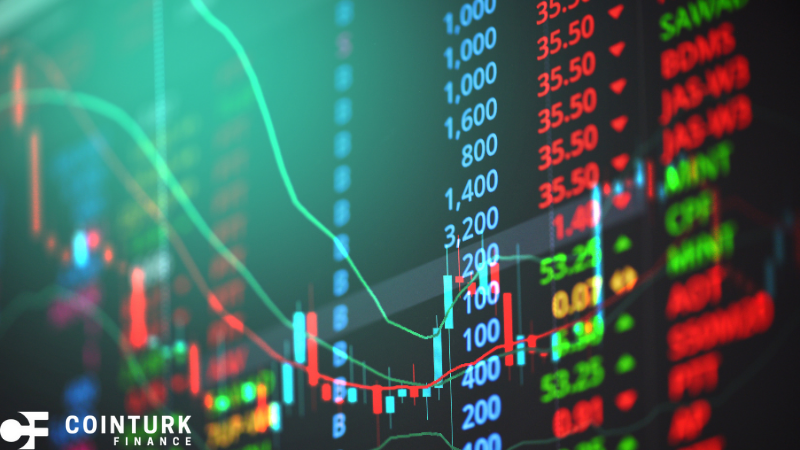Carl Icahn, a towering figure in activist investing, is known for instigating shifts in major corporations like Apple (NASDAQ:AAPL) and Netflix (NASDAQ:NFLX). However, his firm, Icahn Enterprises, has been facing significant scrutiny and financial challenges. Over the past year, its stock value has plummeted by more than 50%. In recent months, the share price has shown some recovery, yet concerns persist about the company’s stability and the potential impact of Icahn’s loan arrangements, which use the firm’s stock as collateral.
What Led to the Current Situation?
Recent disclosures have brought to light the precarious financial maneuvers involving Icahn Enterprises. Hindenburg Research’s report highlighted issues such as overvaluation of assets and a questionable dividend structure. The Securities and Exchange Commission (SEC) has charged the company for insufficient disclosure related to billions in personal loans secured by Icahn using a significant portion of the firm’s stock. This has made investors anxious about the potential repercussions of these practices.
Investor Confidence in Jeopardy?
The dominance of Carl Icahn and his son, who collectively hold about 85% of Icahn Enterprises, leaves other investors with little influence over the company’s governance. This concentration of control, coupled with the firm’s substantial financial losses and the sale of $400 million in units earlier this year, adds to investor apprehensions. Many are choosing to look for alternatives with better governance practices.
Icahn Enterprises has historically aimed at revamping undervalued companies, and Icahn’s successful investments, such as his 2013 Herbalife endeavor, are often cited. Yet, the current scenario diverges from these past successes, with the firm reporting substantial losses over nine years. This has been attributed to ineffective strategies, including excessive hedging.
Hindenburg’s allegations cannot be ignored, as they shed light on potential risks associated with Icahn Enterprises. The company’s current high dividend yield does not seem sustainable, prompting further skepticism. While Icahn’s influence in the investment world remains significant, the present circumstances cast a shadow over his firm’s prospects.
The ongoing challenges faced by Icahn Enterprises illustrate the complexities within the realm of activist investing. As stakeholders reassess their positions, the need for transparent and robust governance becomes evident. For investors, focusing on transparent financial practices and sound management principles is crucial when considering engagement with companies in similar situations. Icahn Enterprises may continue to grapple with these challenges as it seeks to stabilize its standing in the market.










